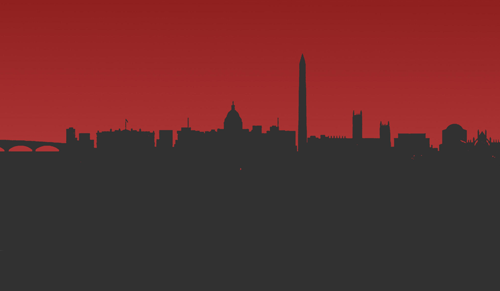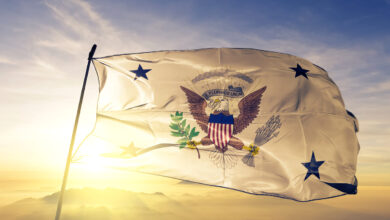We\’re Not Who We Thought We Were

81 years ago tonight, my grandfather was arrested by the Nazis for the crime of being a Jew. My Dad, 12 years old, spent the next couple days searching all over Vienna for him. When he was released, they found a way to come to the U.S. Three dozen other relatives were not so lucky.
If the US had turned them away, as we do so many today, they would surely have been rounded up and slaughtered like so many others. Every year on this day, my Dad would send me a card or note that would say: \”Never forget.\” He\’s been gone seven years, but I try to maintain the tradition.
As a footnote, his family escaped Austria the next year. They had no money. My grandpa had an uncle who lived in the U.S. who used some influence to get them in to the U.S. despite onerous quotas on refugees. They took their meager possessions (my grandfather literally hid everything he had of value, a couple worn golden rings, in the hollowed out handle of a shoe brush) and they headed for Italy. They crossed the border minutes before it was closed due to an assassination attempt on Hitler.
They walked across part of Italy, eating what they could find in farms and in orchards, then got onto a boat in steerage class. My Dad was told to wear his good pants, his only pair of long pants (he was about to turn 14). They were made of cellulose not fabric and they shrank when they were hit by the first wave. They entered the U.S. at New York harbor and went to live in Danbury, Connecticut. My Dad learned to speak English at the movies. He would go to a double feature each Saturday for a nickel.
This had the added advantage that everyone who went was given a free plate or a glass. That\’s how his family got their place settings. My grandfather never learned to speak English so my grandmother joined the ILGWU and sewed collars and shirts.
Five years after arriving in the U.S., my Dad was an officer in the U.S. Army, returning to Europe with the 88th Infantry Division, commanding an artillery battery. Five years after that he had a PhD in psychology and became a pioneer in what today we would call neuroscience.
He studied how people learn–at Bell Labs and Columbia University. Unlike all the children he grew up with, he got to live to be almost 90 years old. A good life. But also the rough distance between this old black and white photos of the horrors of Kristallnacht and now.
It seems so remote. It seems impossibly long ago. But today we turn away refugees escaping horrors worldwide, those who turned to us with hope because of what the U.S. once stood for. Or we put them, even as children, in cages. The story of my Dad and those like him also seems distant. But the suffering, the desperate search for a haven, for compassion, the enduring promise of the U.S., is a fresh, daily reality for thousands upon thousands. And today\’s U.S. government is betraying them and the memory of all those who came before.
There are Kristallnachts going on now in Syria, in Yemen, in Africa, around the world, and there are families, young boys and girls, who are being left to suffer and die because of the cheap, racist politics of our leaders. Maybe that\’s something we should remember today.




